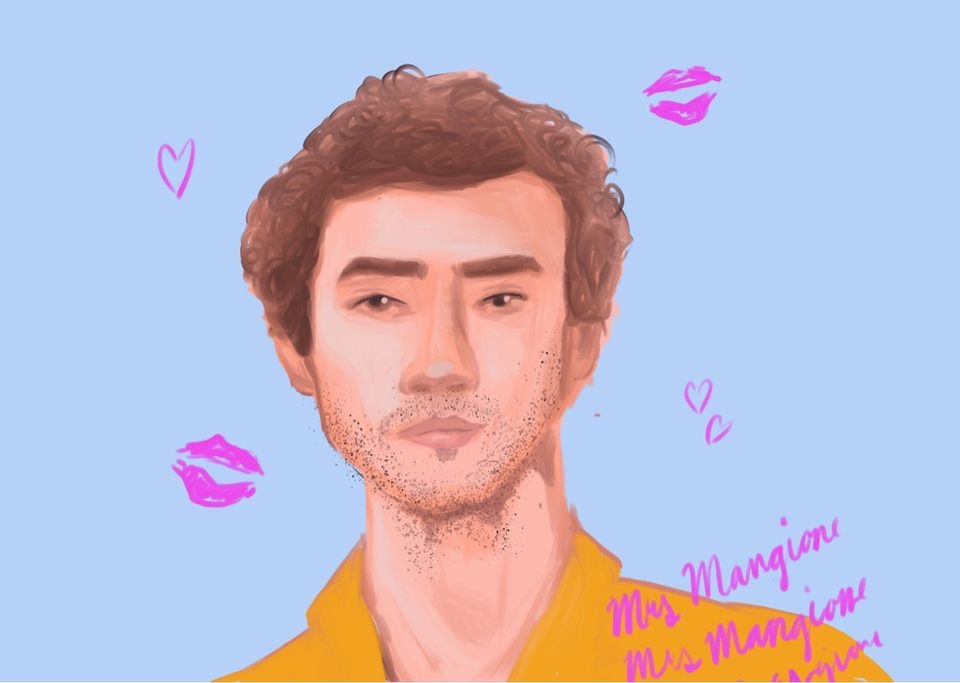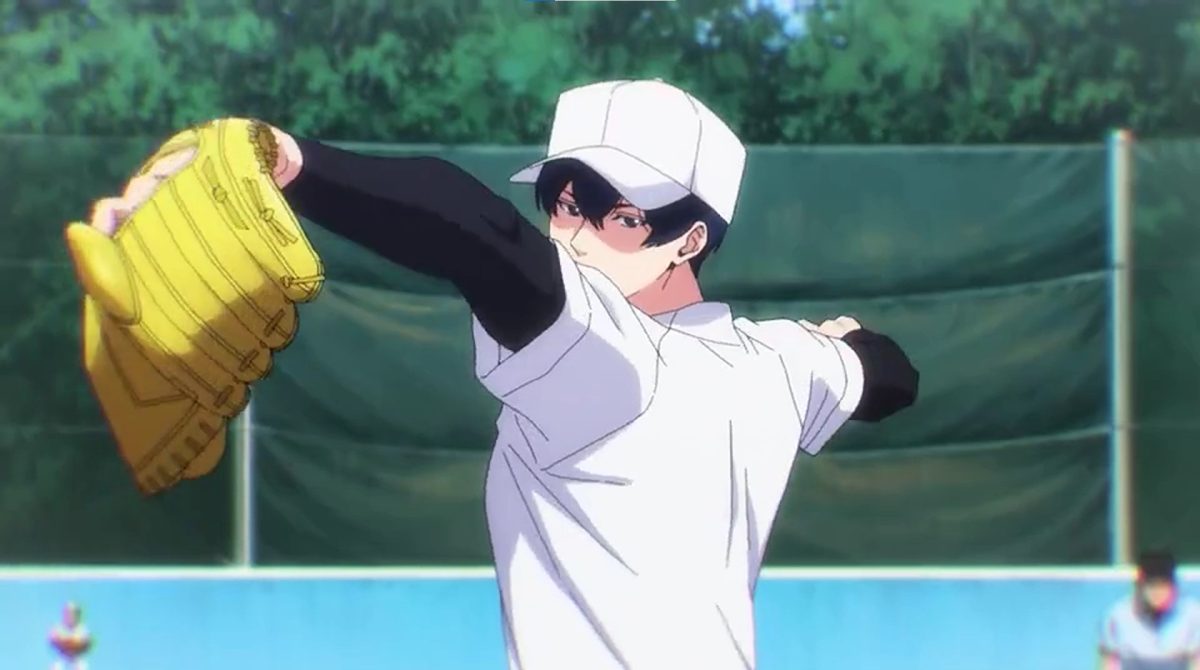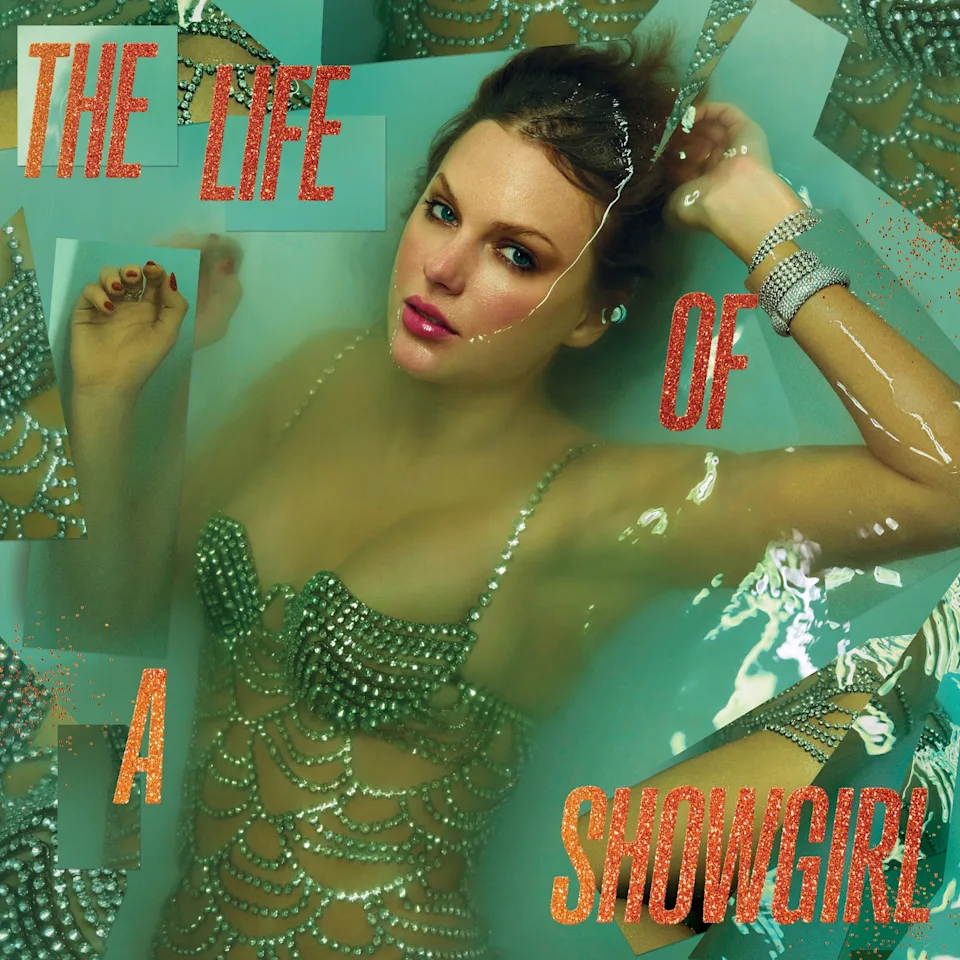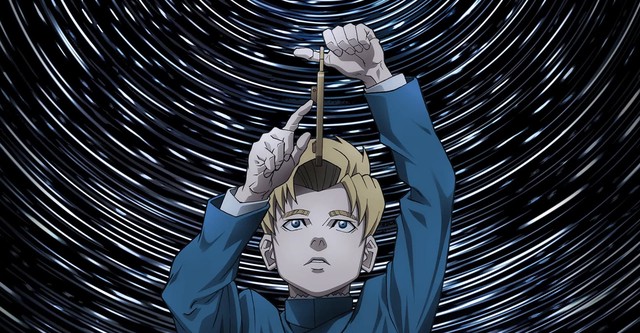On Dec. 4, Luigi Mangione allegedly shot and killed UnitedHealth CEO Brian Thompson. According to the official report from the Department of Justice, Mangione planned out the murder for days in advance, stalking Thompson before the eventual shooting.
But wait. At least he looked good while doing it.
As unbelievably moronic as that sounds, Mangione has become something of an obsession for the internet, with many posting his picture and obsessing over his appearance. His imprisonment has sparked an uproar from the far left, with many publicly protesting the trial and wearing green hats (reminiscent of the “Mario” character) to show their support.
The fact that this much fanaticism over a stranger—and likely a murderer—has emerged paints a worrying picture of American society, especially since the reasons for this love seem just as absurd.
The oft-echoed “Oh, but American healthcare is flawed and the system is unjust” is not justification for murder. It seems that people can never blame other people for issues; it’s always “the system” or “America” that’s at fault.
Thompson himself had previously kept a low profile, and rarely appeared in the news, making only a few controversial decisions—most of which never actually went into effect. Justifying his murder because of the “system” that he “represented” is akin to saying that any president should be assassinated if one finds fault with some members of his party.
Plus, enacting change shouldn’t start with murder—which is, as some seem to forget, an actual crime, with a set legal punishment.
Far worse than these iffy moral justifications, however, is the aesthetic admiration of Mangione. As hard as it is to accept, having a symmetrical face and nice hair does not make someone a good person, and idolizing an alleged murderer for these reasons breeds a dangerous frame of mind.
The inclination to believe someone or justify their actions based on appearance is a psychological concept known as the “halo effect.” People often assume a correlation between one positive trait and other unrelated characteristics.
Take a smaller-scale example. Say a student sitting behind you in class was loud and occasionally kicked the back of your chair. Consider—realistically— how you would react if you turned around and saw a friendly-looking, well-put-together guy versus a glowering, unattractive kid with his hoodie up. Except this situation is a lot bigger than someone kicking your desk. This situation is about murder, and we cannot afford to be as forgiving to a guy with a nice smile.
In Mangione’s case, what is a very black-and-white situation has turned into a public debate, with many admiring him first and defending his actions second. Did this many people really believe this strongly that Brian Thompson—the CEO no one had ever heard of before December—deserved to die? Probably not. But the media has chosen their hero nonetheless.
It is extremely easy to take a shallow look at the situation as many portray it and think of Mangione as a defender of the common man. But reading an account of the murder from any unbiased news source reveals a story of a man who likely stalked and killed another, with a lot of evidence piling up against him.
On Feb. 17, Mangione will face trial by a jury of peers, which creates a whole new world of potential issues. Will the jury find themselves swayed in his favor even despite overwhelming proof? Probably (hopefully) not. But even if everything goes as it should for a straightforward case with a reasonable outcome, we can look forward to cries of outrage and disappointment from Mangione’s lovers.
Some have even begun throwing around terms like “jury nullification,” in the hopes that a jury will defy all legal rationality, forgive Mangione because of the “social issue” he represents, and hail him as the god of the new era? Someone has to realize how insane this sounds.
A jury has a responsibility to uphold the law and present a verdict that aligns with it. And regular citizens have a responsibility to remain reasonable and not perpetuate an obsessive, unreasonable culture online.
Defending murder because someone has an opposing viewpoint on a wildly complicated topic that people have literally debated and fought over for thousands of years without determining a clear moral truth sets a dangerous social (and possibly legal) precedent for any situation involving political issues. The defense of Luigi Mangione is the result of what happens when ethics become too flexible.









